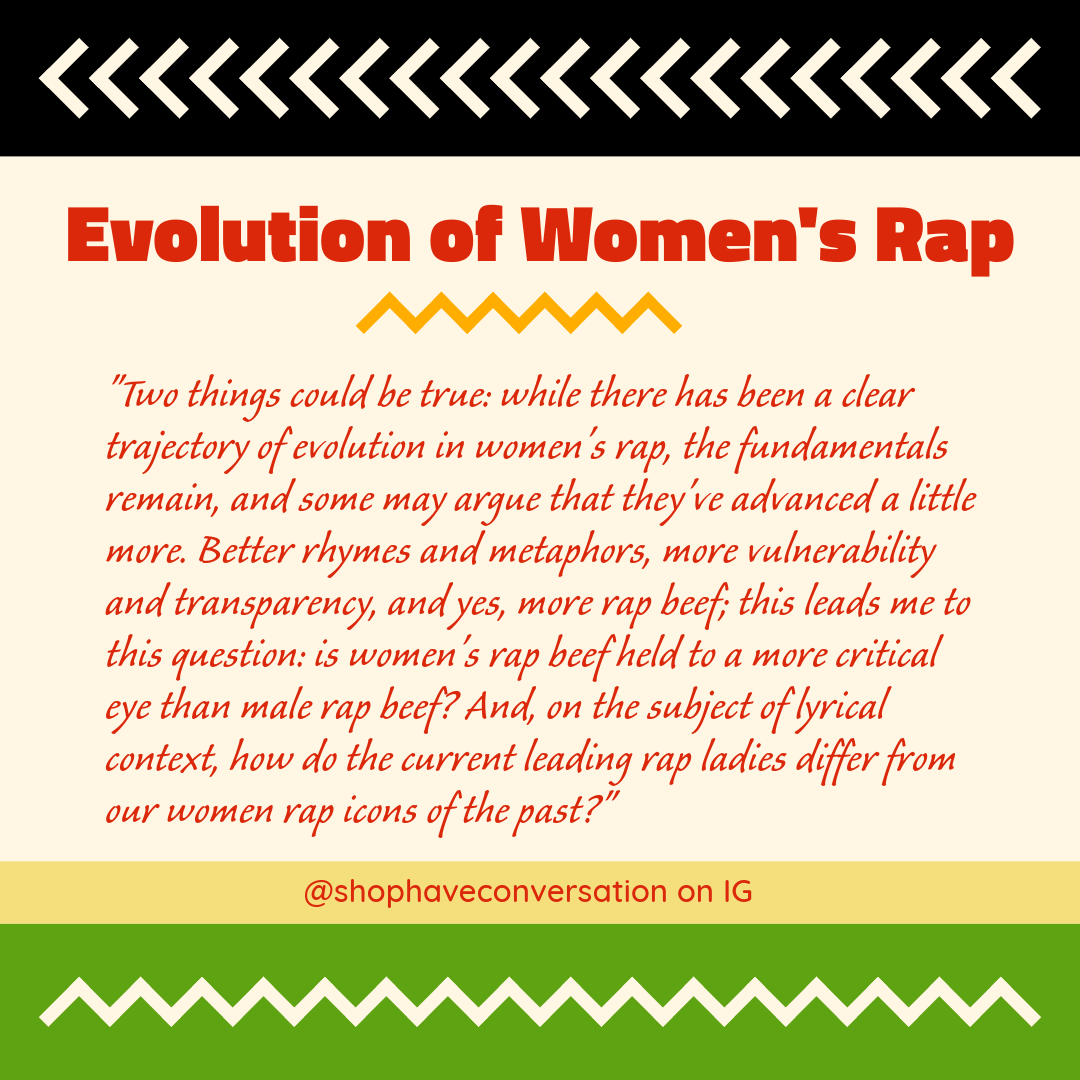It was 1996, a pivotal year in the history of women's rap. Lil' Kim unveiled her highly anticipated album, Hard Core, filled with her signature erotic lyrics and seductive charm. The album achieved the remarkable feat of being certified double platinum; this was a groundbreaking moment for women in rap, and with this album, Lil' Kim would redefine the trajectory of women's rap. Rapper Trina, who would later rise to fame as the 'baddest cussword' in the late 1990s, reflected, "That was the first time I saw that much sexiness in female hip-hop she created and started that."
Another influential figure in the rap industry, Da Brat, known for her unique and daring style, released her debut album, 'Funkdafied,' in 1994. This album marked a significant milestone, as Da Brat became the first solo female rapper to sell a million records. She was a vocal advocate for women in the rap industry, encouraging them to express their true selves through their art without fear of judgment.
While Lil' Kim owned her sex appeal, another rapper on her rise to fame entered the scene wearing a black garbage bag. As the collective held their breath from seeing something new and fresh, we met Missy Elliot's brilliance. Missy's debut single, The Rain, took music lovers by storm in 1997. Every black garbage bag available at the stores was out of stock, and everyone was reenacting her iconic video until we got every move correct. Missy was the definition of futuristic at the time.
While we're on the subject of individuality, we must remember the remarkable talent of Ms. Lauryn Hill. We first met her with the Fugees in the 1990s, but she had us in a chokehold in 1997 with the release of her solo album, "The Miseducation of Lauryn Hill," which is my absolute favorite track on the album. Ms. Lauryn Hill was a unicorn at the time. I don't believe we met another woman artist who could do so much. She's a producer, writer, and singer; she rhymes and has the foresight to bring her artistic perspective to life. It's no wonder why the album received 10 Grammy nominations, of which she won five, including Album of the Year.
Rap music became more mainstream in the 2000s, but something was occurring: music executives weren't signing many women rap artists. Some believe this was due to the popularity of the "video vixen" era. It was a way for male rappers to use the allure of a woman but without her opening her mouth to rap a lyric. In 2005, grammy award-winning rapper Eve hit the stage and saw firsthand how few women rap artists were in the game after she debuted with paws tattooed on her breast in the rap group "Ruff Ryders" in 1999. As the only third woman rapper to have topped the Billboard Hot 200 charts at the time, Eve was concerned about not seeing many female rap artists going toe-to-toe with male rap artists, so she considered herself lucky to be among the few.
Oh, but hold your mule because all that would change in 2010 when Nicki Minaj came tootsie rolling through with her "Super Bass" from her debut album "Pink Friday." Before Nicki, the voice of women's rap had been lacking severely, so her impact was a welcomed surprise for many of her loyal stans. For the next decade, she would go down in history as one of the top-selling woman artists of all time, with over 100 million records sold.
Social media can sometimes be the gift that keeps giving, especially when discussing the current state of women's rap, because it has broken barriers constructed in the women's rap space. There isn't a more notable social media sensation turned rapper than Cardi B. We first met her on the gripping series "Love and Hip Hop," where Cardi B took advantage of her appearance to showcase her mixtapes, engage meaningfully with her online followers, and ultimately create a platform for herself before being signed to Atlantic Records in 2017. Cardi's debut album allowed her to pick up the title of the only woman solo artist to win a Grammy for Best Rap Album.
Once Cardi opened the social media gates, women rappers have been pouring into mainstream media ever since. Duos like City Girls and solo artists like Megan, Doja Cat, Latto, K Carbon, GloRilla, Flo Mili, and Lakeyah, the list goes on and on, it seems, but one thing is for sure: the ladies are making their marks. Women rappers today are at an advantage because they get to decide if they want to be signed or not with the power of social media behind them. Sometimes, that can only last as long as they don't do anything drastic to cause them to suffer the consequences of their actions.
What I enjoy most about the current state of women's rap is that while many things change, they often stay the same. Two things could be true: while there has been a clear trajectory of evolution in women's rap, the fundamentals remain, and some may argue that they've advanced a little more. Better rhymes and metaphors, more vulnerability and transparency, and yes, more rap beef; this leads me to this question: is women's rap beef held to a more critical eye than male rap beef? And, on the subject of lyrical context, how do the current leading rap ladies differ from our women rap icons of the past?
Writer: Corey D. Rivers Jemison

